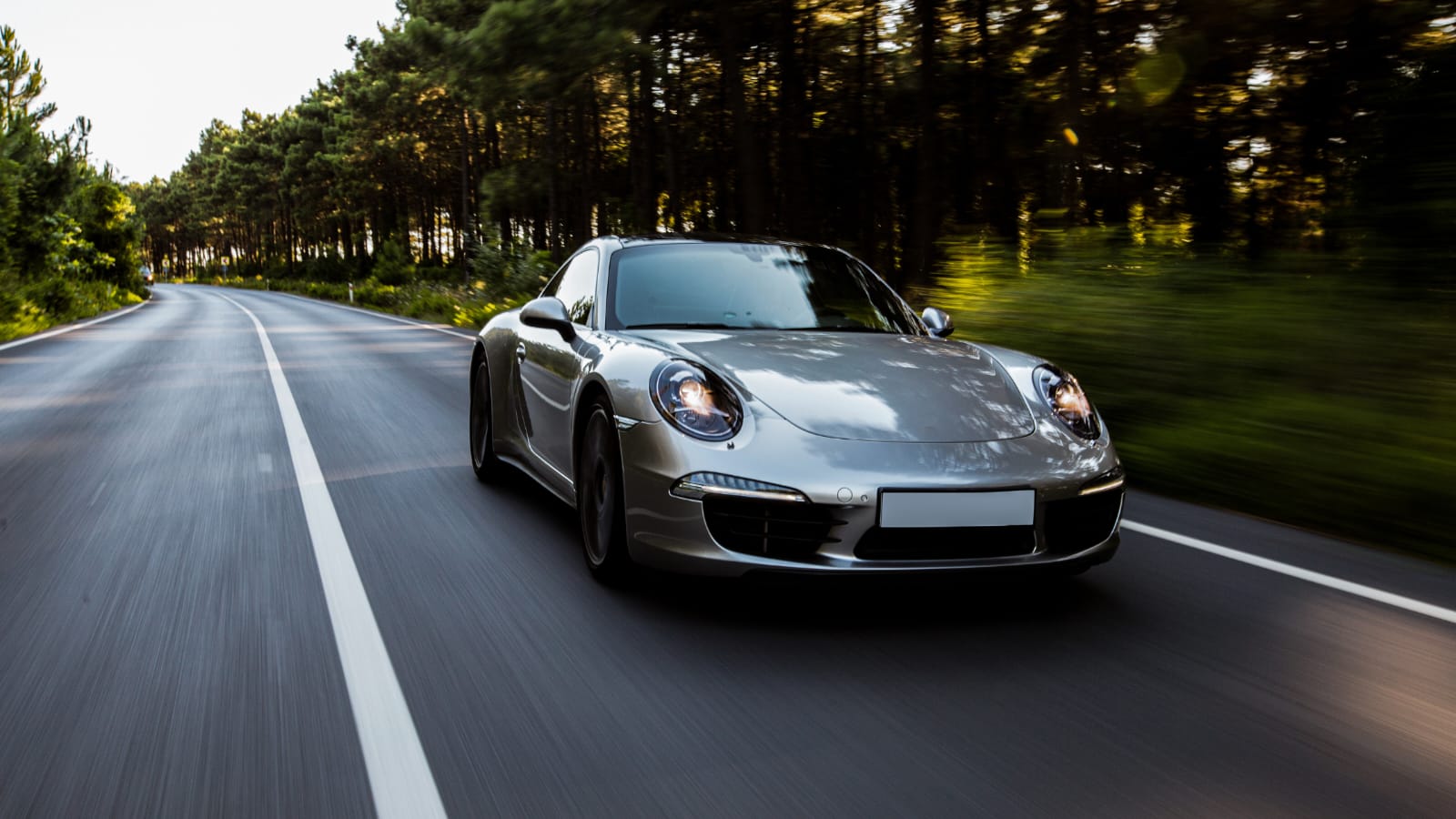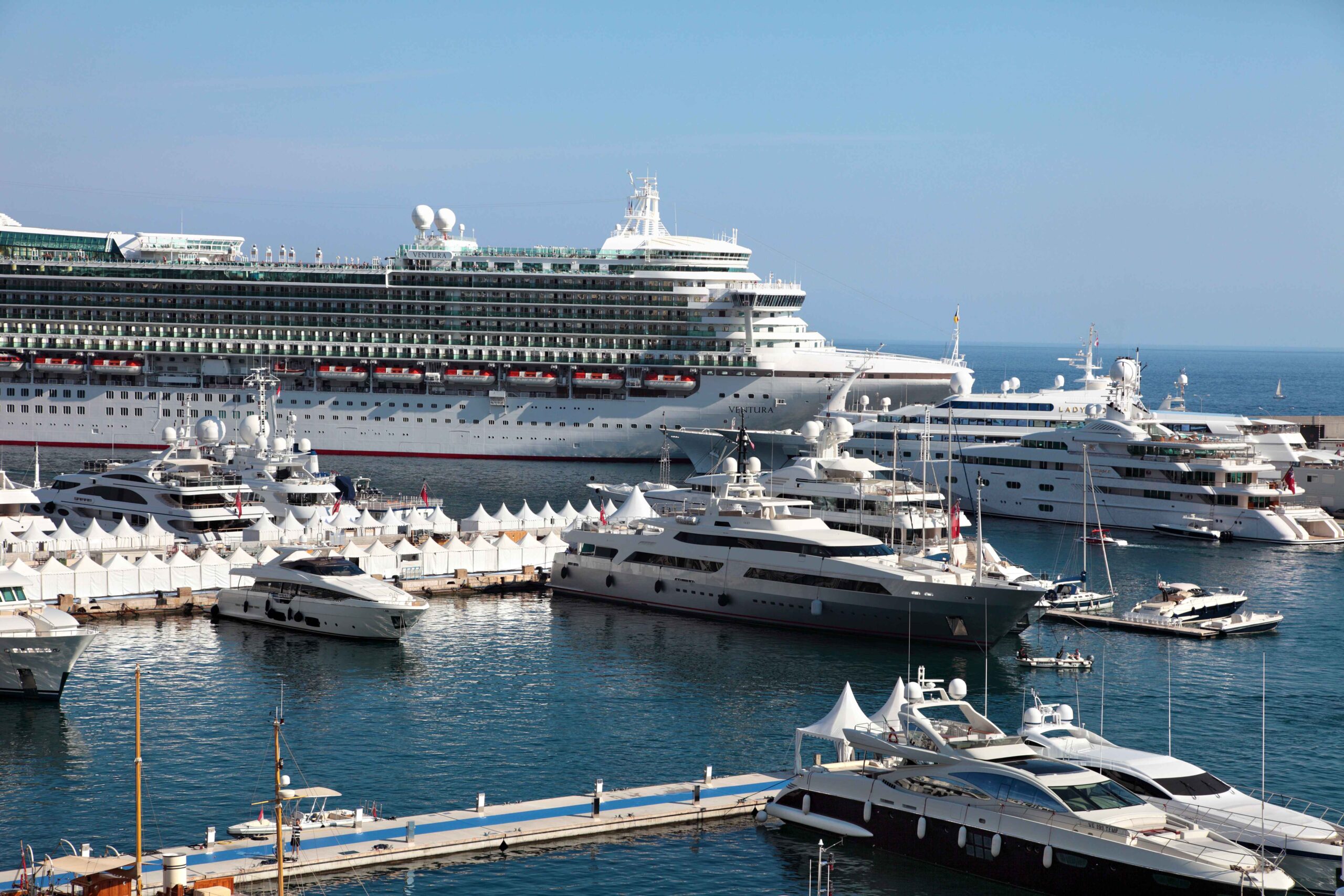In a world that feels increasingly divided by borders, ideologies, and economic pressures, the Erasmus Plus Programme has long stood as a quiet revolution—one that doesn’t shout, but speaks in the voices of millions of young Europeans discovering new cultures, languages, and perspectives. It’s a programme built not with tanks or treaties, but with open minds, shared classrooms, and friendships that cross frontiers.
Yet even this bastion of unity now finds itself under a shadow of uncertainty.
In recent days, European Union Commissioner Glenn Micallef raised concerns in an interview with Euronews regarding proposed reductions in the EU’s 2025 annual budget—proposals that, while ultimately softened, signaled a growing tension at the heart of European policymaking. As some member states push for stronger investments in defence and industrial competitiveness.
When Budgets Become Symbols of Larger Priorities
Budget debates in Brussels may seem like bureaucratic rituals to the outside observer, but they are often reflective of deeper ideological currents flowing through the Union. The proposed cuts to Erasmus—however modest in the final draft—are part of a larger conversation about Europe’s evolving priorities.
With geopolitical pressures mounting on the eastern front, energy concerns still echoing from past winters, and a global economy demanding constant adaptation, some policymakers have leaned toward a strategy of resilience. Defence, infrastructure, technological autonomy—these are now dominant themes in the EU’s strategic discussions.
Yet Commissioner Micallef warns against forgetting the human glue that binds Europe together. The Erasmus Plus Programme, he emphasized, is not a luxury. It is a legacy—a 40-year project that has shaped minds, softened borders, and created what no policy alone can craft: a sense of belonging to something greater than one’s own nation.
Erasmus Plus as a Quiet Builder of European Identity
The power of Erasmus lies not just in its scale, but in its subtlety. It does not promise to solve conflicts or boost GDP overnight. What it offers, instead, is transformation through connection. A law student from Prague studying in Florence. A language teacher from Lisbon training in Helsinki. A youth group from rural Romania sharing a sustainability project in Berlin.
These experiences may appear personal and anecdotal, but they are the foundation of a European cultural and civic identity that transcends elections or treaties. Erasmus alumni consistently report higher levels of civic engagement, cross-cultural understanding, and support for EU cooperation than their peers.
And these are not abstract statistics. These are human stories—stories that speak of discovery, respect, challenge, and growth. Micallef’s plea, then, is more than financial; it is philosophical. In a Europe increasingly focused on defending its outer borders, Erasmus helps strengthen its inner soul.
Radio Schuman: Where Policy Meets People
Adding dimension to the policy narrative, the story of Erasmus is also reflected in the airwaves of “Radio Schuman,” a vibrant European podcast hosted and produced by journalist Maïa de la Baume. The program, named after one of the EU’s founding fathers, aims to bring European affairs closer to its citizens by diving into the stories behind the speeches.
Together with Eleonora Vasques and Lauren Walker, and supported by audio editor David Brodheim, the Radio Schuman team weaves conversations that make Brussels politics human and relatable. Their recent segments have highlighted the growing attention around affordable housing across member states, the evolving landscape of youth policies, and of course, the future of Erasmus Plus.
By combining cultural storytelling with political insight, Radio Schuman helps underscore why debates around Erasmus are not merely administrative—they are emotional, social, and deeply democratic.
Culture and Competitiveness: Can the EU Embrace Both?
At the heart of the current funding tension is a challenge that has followed the European Union for decades: how to be both a global player and a cultural project. Some argue that in an increasingly competitive and unstable world, Europe must “grow up” and arm itself—not just in terms of defence, but in digital capabilities, trade autonomy, and infrastructure resilience.
But others, like Commissioner Micallef, believe that the EU’s strength has always rested on its ability to fuse economic and cultural ambition. Erasmus, they argue, is not separate from Europe’s competitiveness—it enhances it. By giving young people cross-cultural competencies, international networks, and broader horizons, Erasmus actually feeds into the knowledge economy and prepares citizens for a globally integrated world.
Youth Engagement in an Age of Uncertainty
Beyond educational exchanges, Erasmus Plus also supports youth organizations, non-formal learning projects, and civic participation across Europe. These initiatives are vital in a time when young people face rising mental health challenges, job insecurity, and political polarization.
Through Erasmus, thousands of young leaders find the confidence to launch social projects, engage with policy, and discover that their voice matters—not just in their hometown, but across the continent.
As elections approach in many EU countries, the voices of Erasmus participants could prove to be essential in sustaining democratic engagement. If the goal is to build a resilient and inclusive Europe, then youth engagement must remain central—not peripheral.
Looking Ahead to the 2028 Budget Horizon
Though the immediate threat to Erasmus in the 2025 budget cycle has been reduced, the conversation is far from over. The upcoming 2028 Multiannual Financial Framework (MFF), which will set the EU’s long-term financial priorities, will likely bring these debates back into sharper focus.
By then, pressures on defence, artificial intelligence, and green transitions will only grow stronger. The challenge will be to ensure that programmes like Erasmus are not seen as optional ornaments but as foundational investments. Commissioner Micallef and his supporters argue that identity and innovation are not opposites—they are partners.
The 2028 MFF is an opportunity for the Union to reassert that belief.
Resilience Through Unity: The Larger Message of Erasmus
In a time when international organizations often struggle to prove their value, Erasmus Plus offers a rare success story. It’s an initiative with measurable impact, emotional resonance, and intergenerational legacy.
From cities to small towns, from universities to youth centers, Erasmus has touched lives in quiet but transformative ways. It has turned passports into possibilities and maps into friendships. It has built, slowly and steadily, the idea of Europe not just as a place, but as a purpose.
As budget talks continue, the EU must remember that unity is not built overnight. It’s nurtured—through experiences, empathy, and engagement. And few programmes embody that nurturing spirit better than Erasmus Plus.
A Future Still Worth Building Together
As debates unfold in Brussels, and spreadsheets fill with numbers, one truth remains clear: the values that underpin the European Union cannot be measured in euros alone. Erasmus Plus is more than a line item in a budget—it is a vision made real, one student, one journey, one shared experience at a time.
Commissioner Glenn Micallef’s recent words serve not only as a call for fiscal support but as a reminder of what is truly at stake. In the face of global complexity, the soul of Europe still depends on its people. And the people—especially the youth—deserve more bridges, not fewer.
Erasmus Plus, with all its humble power, remains one of Europe’s finest bridges. Now is the time to protect it, uplift it, and let it lead the way toward a stronger, more united tomorrow.
Description:
Short Note:








